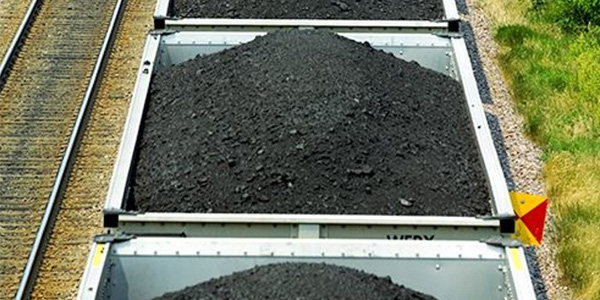Coal trade organization America’s Power has countered a recent Union of Concerned Scientists analysis that claimed coal generation self-commitments are unnecessarily costing Midwestern ratepayers millions.
The group, formerly known as the American Coalition for Clean Coal Electricity, said that far from conducting uneconomic behavior, MISO’s coal units closely follow energy demand. The group said that in 2018, changes in electricity demand and coal generation output correlated about 87% of the time, regardless of utility or whether MISO issued dispatch instructions. It also said the percentage was the same as natural-gas fired generation in the footprint.
“Not only are coal-fired generating units run economically, they are run according to market demand as much any other type of generation in MISO,” America’s Power said in its rebuttal, released June 25 and titled “Never Let the Truth Get in the Way of a Good Story.”
“Self-committing coal-fired power plants is not a trick to rip off ratepayers,” it said. “Rather, it benefits ratepayers and helps maintain the reliability of the electricity grid.”
UCS’ June analysis concluded that coal plant self-commitments saddled Midwest electricity customers with $350 million in avoidable costs in 2018. The study also said individual ratepayers could have saved an average $60 apiece over the year if the most efficient existing resources in MISO were deployed instead of coal plant self-scheduling. UCS used the study to make a case for state regulators to open investigatory dockets into utilities that exhibit high costs. (See UCS Analysis Knocks Coal Self-commitments.)

| America’s Power
MISO has said about 90% of energy from its coal is either from economic commitments or economically dispatched above the units’ economic minimum levels.
“Some claim that self-commitment of coal-fired resources results in prolonged run times and uneconomic outcomes for end-use customers,” MISO said in an April report. “Further, they say self-commitment distorts the markets by allowing coal units to displace lower-cost renewables and other resources from the grid. In fact, the vast majority of all self-committed coal generation in MISO is actually dispatched economically — meaning it is the lowest-cost resource option that MISO markets have available at the time to serve load.”
MISO Executive Director of Market Operations Shawn McFarlane said most self-committed, coal-fired energy is dispatched economically.
“We try to minimize any uneconomic dispatch … taking into account operational constraints,” McFarlane said during the Market Subcommittee meeting in May.
Monitor to Weigh in
On Thursday, MISO’s Independent Market Monitor David Patton told the MSC that he will publish his own report on coal self-commitments next month, but he doesn’t anticipate alerting staff and stakeholders to a problem.
Coal resources that offer in the day-ahead market as must-run are overwhelmingly offered economically, Patton said. He said 98% of available offline coal units offered economically in the day-ahead market this spring, up from 89% last year.
“As gas prices fall, it’s becoming harder to predict when it will be economic for coal resources to run,” Patton said. Offering in must-run status prevent the units from incurring expensive cycling costs when they’re decommitted and brought back online later, he said.




